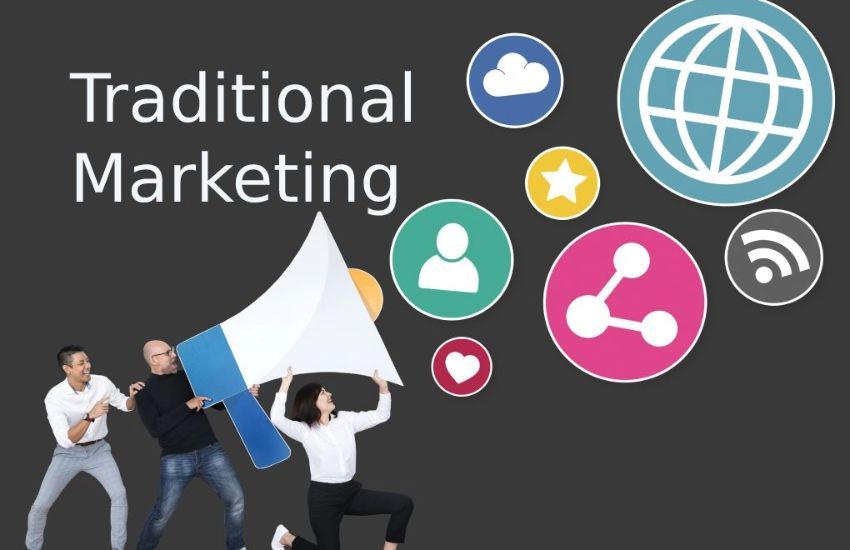📌 1. Breaks Digital Barriers: Traditional Marketing is important because it breaks digital barriers, that is, reaching audiences who may not be easily accessible through online channels. Methods like print ads, billboards, and direct mail engage consumers regardless of their internet access or technological proficiency.
📌 2. More Transparency and Trust: When it comes to remarketing, which targets consumers who have previously interacted with a brand or website, transparency and trust are crucial.Setting openness as a top priority guarantees adherence to data privacy laws while also lowering suspicion and fostering good opinions.
📌 3. Pocket-Friendly: Businesses with tight budgets can still use traditional marketing techniques like print ads, flyers, and billboards because they are frequently less expensive than digital techniques.Even with the rise of digital marketing, traditional strategies are still effective and practical for expanding brand awareness and drawing in clients, particularly for smaller companies or those aiming to serve specific local markets. Businesses can successfully and affordably promote their goods and services by utilizing traditional marketing tactics that are cost-effective.
📌 4. Leaves a Longer Impression: In traditional marketing, impressions are important because they provide enduring and real brand experiences.Traditional Channels, such as print advertisements, billboards, and direct mail, offer multisensorial physical experiences that improve brand memory, in contrast to digital techniques. Commercials on TV and radio further enhance impressions by using eye-catching image or memorable tunes to appeal to a wide range of listeners.






